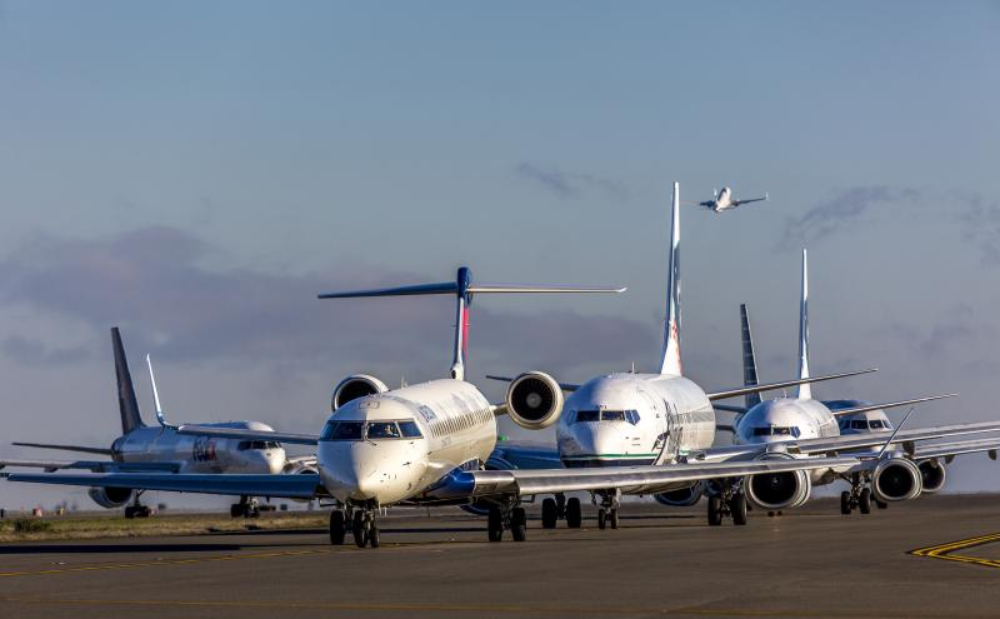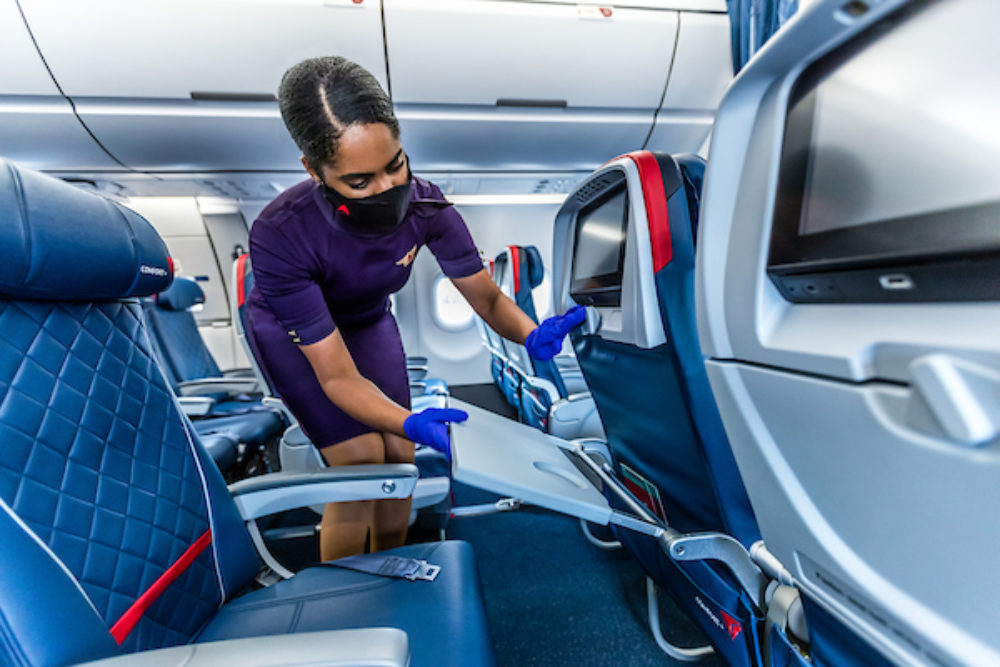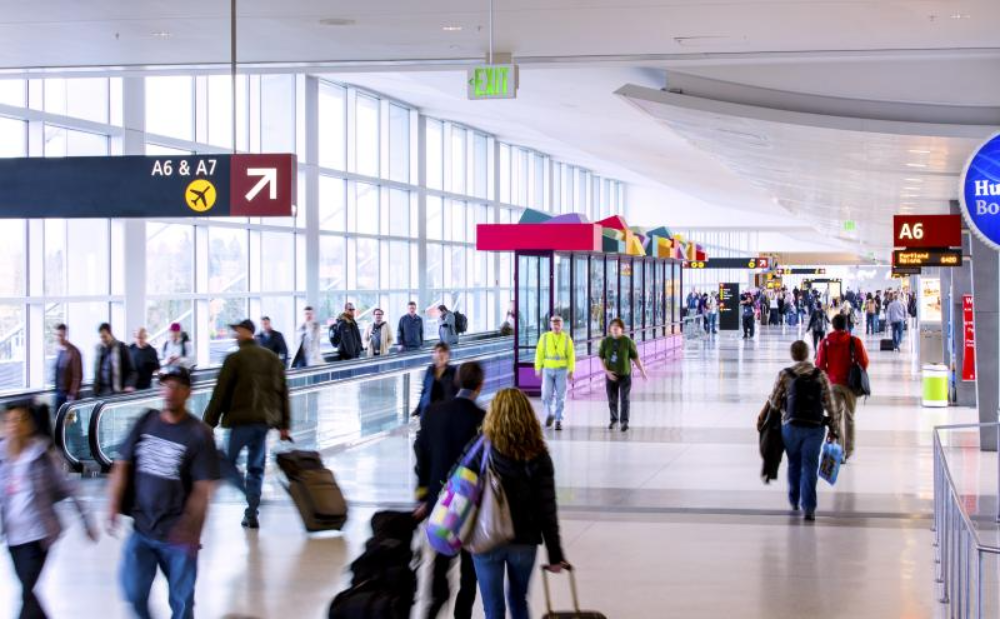Findings from a Harvard University research project have confirmed what airline bosses have long argued - flying is safe from a COVID-19 perspective. Harvard's T.H. Chan School of Public Health has just released its findings concerning the risk of COVID-19 transmission while in the air. The research paper concluded the risk of catching COVID-19 in-flight is very low.
Harvard encourages a layered approach to mitigating COVID-19 risks
It's not quite a free pass. Harvard's School of Public Health says you have to mitigate and manage the risks. Airlines and passengers can do this by adopting a layered approach. This includes everyone wearing face masks, properly cleaning planes, people practicing social distancing protocols, and effective health screening procedures. With these in place, the research paper says
"The risk of SARS-COVID-19 transmission onboard aircraft (reduces) below that of other routine activities during the pandemic, such as grocery shopping or eating out."
The Harvard paper proposes a "gate to gate" solution to managing the risk of COVID-19. Airlines need to focus on three things - ventilation, cleaning, and managing social distancing.
Modern HEPA filters mitigate risk by rapid and continuous filtering and exchange of cabin air in aircraft. These filters, standard across modern jet aircraft, extract more than 99.99% of particles, including viruses. They can completely recirculate cabin air 10 to 30 times per hour with fresh air.
With new findings emerging about the ability of viruses like COVID-19 to survive for extended periods on hard surfaces like plastics, the cleaning of touchpoints on planes becomes more and more important. The Havard paper says touchpoints like armrests, tray tables, belt buckles, window blinds, and toilet locks need to be cleaned frequently. Deeper cleans need to occur overnight or when there is enough time between flights. The good news is airlines are already onto this.
The challenges of maintaining social distancing
Managing social distancing is arguably the hardest task of all. Airlines can make deliberate choices about flight loads and spreading passengers throughout the cabin. However, anyone who has been through an airport lately knows controlling people clustering together at departure gates and around concourses is a tougher ask. However, the research paper says airlines should do what they can;
"Implementing the layered risk mitigation strategies described in this report requires passenger and airline compliance. It will help to ensure that air travel, with respect to SARS-COVID-19 transmission, is as safe or substantially safer than the routine activities people undertake during these times."
It's not just up to the airlines. The Harvard paper says passengers need to step up and play a role as well. They say that in addition to wearing face masks in airport terminals and on flights, passengers need to abide by the rules and monitor their own health. The paper's authors suggest passengers who don't play by the rules get placed on a no-fly list and barred from traveling.
"Enforcement is a powerful motivator to achieve passenger behavioral compliance," the paper says.
Harvard results tie in with what airline bosses have long said
Airline bosses have been arguing plane travel is safe for months. A media release by Delta Air Lines following this research paper's release crows that airline travel is safer than grocery shopping. Other airlines have cited recently released findings saying passengers have a greater risk of been struck down by lightning than by COVID-19 while flying.
"To date, the Centers for Disease Control and Prevention has not confirmed a single case of COVID-19 transmission on a U.S. airplane," said Delta Air Lines yesterday.
This is all true. But convincing a travel wary public to book a flight is another proposition altogether, Harvard research findings or not.
What do you think? Do you think the risk of COVID-19 is low when flying? Are you happy to jump on a plane today? Post a comment and let us know.



